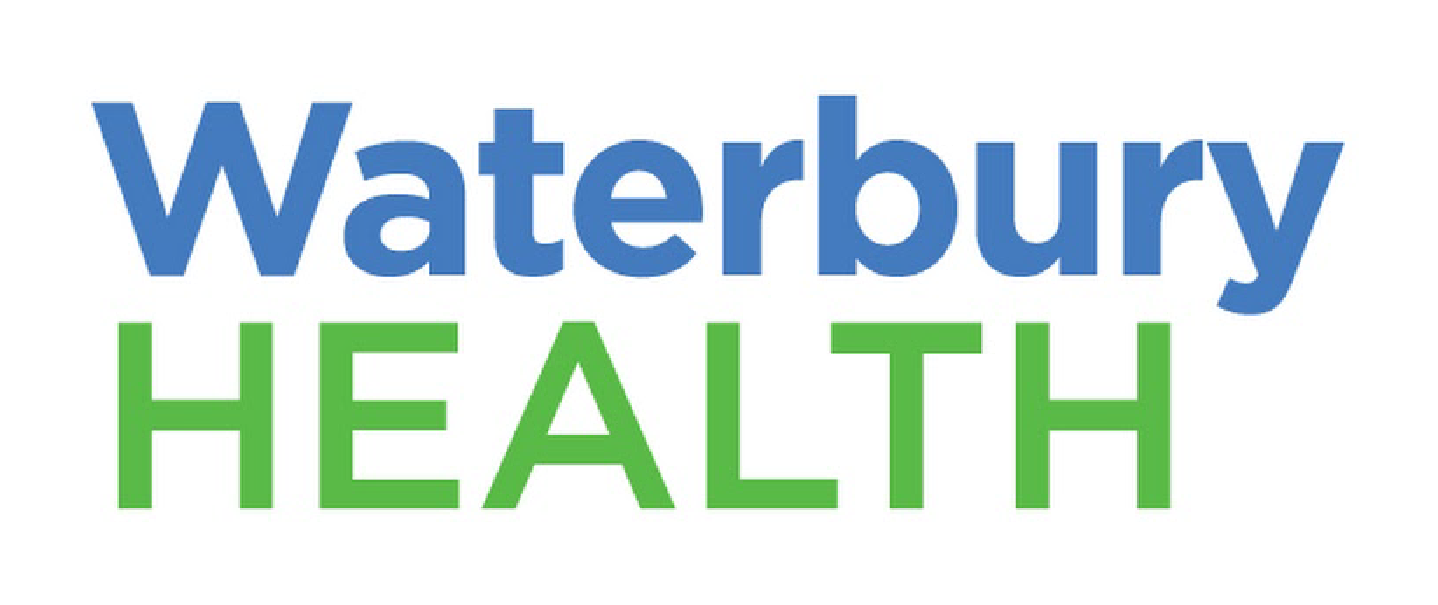Heart Failure Center
The Heart Failure Center at Waterbury Hospital provides comprehensive outpatient care to patients who have received a heart failure diagnosis. Our goal is to help patients manage their disease so they can achieve the best quality of life possible.
Our team includes a cardiologist with expertise in heart failure management, nurse practitioners and a nutritionist. The team monitors each patient to ensure they are getting the best care and are following proper medication guidelines and a proper diet.
Our Services include:
- Heart failure disease management
- Symptom and Weight Tracking
- Medication review and tracking
- Intravenous diuretic (water tablets) administration
- Dietary consult
- Activity/exercise recommendations
What is heart failure?
Heart failure means the heart is not pumping blood as well as it should, often because the heart muscle has become weak or stiff. Heart failure is a serious condition and there is no cure. Many people with heart failure can lead a full, enjoyable life when the condition is managed with heart failure medications and healthy lifestyle changes.
A weakened heart can cause fluid to collect in places in your body such as legs and lungs.
What are the Heart Failure Symptoms?
Heart failure symptoms include:
- Persistent coughing of wheezing
- Tiredness or fatigue
- Build-up of access fluid
- Confusion or impaired thinking
- Weight gain
- Lack of appetite or nausea
What you can do to help manage your disease:
- Take your medicine every day at the right time, as prescribed by your doctor.
- Do not skip your medicine even if you start to feel better.
- Don’t let your medicine run out and talk to your healthcare providers if you cannot afford it.
- Keep a list of medicines with you at all times.
- Make sure you see a cardiologist or nurse on a regular basis.
- Do not skip appointments.
- Know what your “good” weight is.
- Write your weight down on your chard every day.
- Do not add salt to your food.
When to call your cardiologist or nurse:
- Weight gain of three of more pounds in one day
- Weight gain of five or more pounds in one week
- Shortness of breath when sitting still
- Swelling in feet, ankles, legs or stomach
- Dry cough
- Dizziness
- Feeling more tired than usual, no energy
- Call with any questions or concerns.
With questions or concerns call the Heart Failure Center at 203-573-6248.
Diet recommendations:
- Sodium or salt is present in many foods, even ones that don’t taste salty. Increased salt in your body causes water retention. Controlling salt consumption is particularly important for heart failure patients because it can make your symptoms worse.
- Do not add salt to your food.
- You should eat less than 2,400 milligrams of sodium, the equivalent of one teaspoon, per day.
- When shopping learn to read the labels paying attention to serving size and amount of sodium that each serving has in it.
Choose these foods:
- Fresh fruit
- Frozen vegetables
- Dried beans
- Milk and yogurt
- Chicken or fish
Avoid these:
- Fast food
- Canned vegetables/food
- Hot dogs
- Deli meats/beacon
- Frozen dinners
When cooking at home:
- Do not add salt to your food. Choose no-salt seasoning or herbs and no-salt butter.
- Avoid ketchup, barbeque sauce, soy sauce or other condiments to your food. Use only a small amount of dressing on your salad.
- Bake, broil, grill or steam your food
When eating out:
- Don’t order fried food.
- Avoid fast food places.
- Order foods that are baked, broiled, grilled or steamed.
- Don’t order food that has butter, cheese or sauces on it.
- Pay attention to portion size
